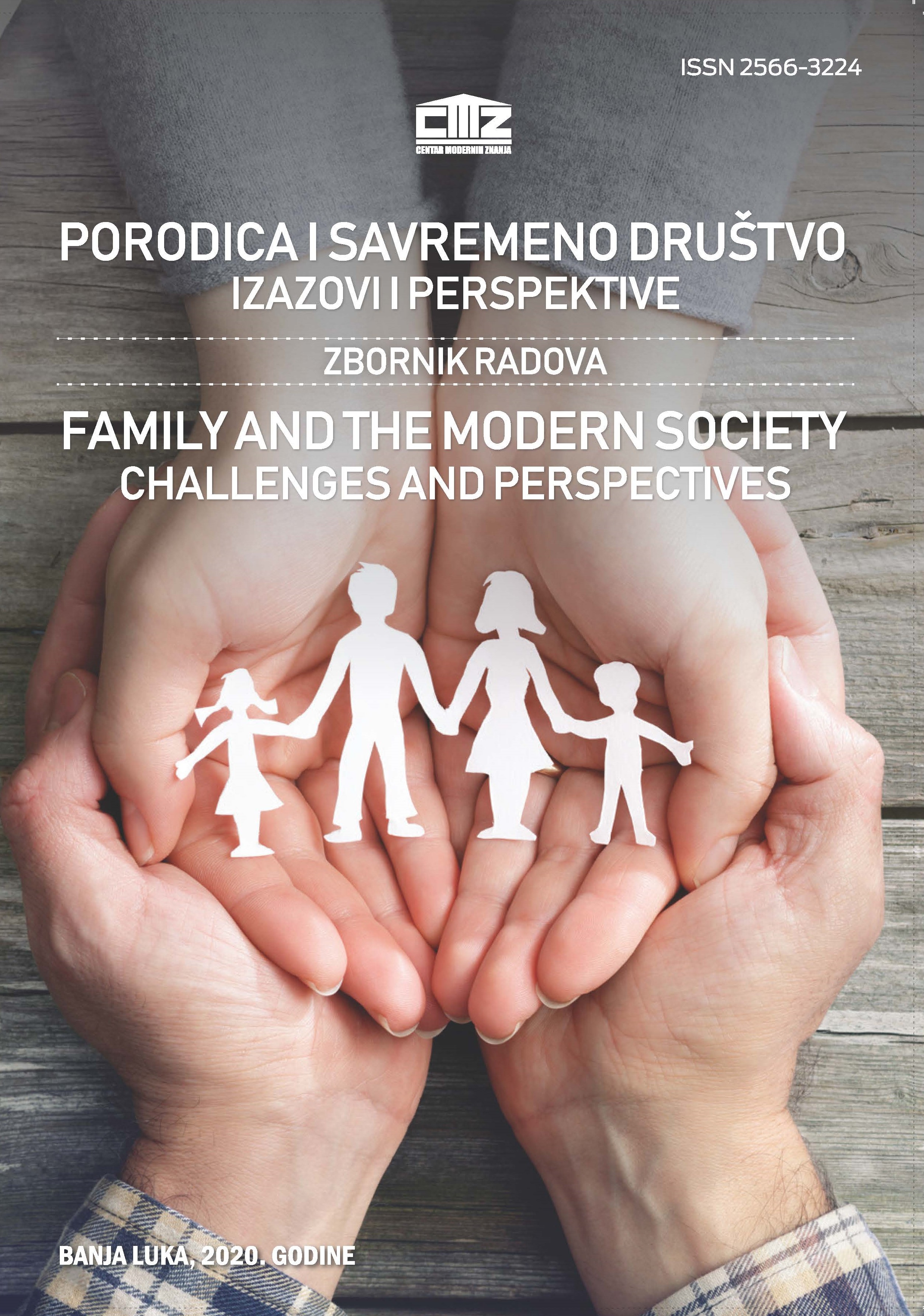RAZLIKUJU LI SE VASPITNI STAVOVI RODITELJA DJECE KOJA IGRAJU IGRE NA SREĆU I KOJA NE IGRAJU?
DOES THE PARENTAL REARING STYLES OF YOUTHS WHO PLAY GAMES OF CHANCE DIFFERENTIATE FROM THOSE YOUTHS WHO DO NOT PLAY GAMES OF CHANCE
Author(s): Sanja Radetić Lovrić, Slađana PopovićSubject(s): Sociology, Personality Psychology, Behaviorism, Family and social welfare, Social Norms / Social Control
Published by: CENTAR MODERNIH ZNANJA
Keywords: parental rearing style; games of chance; youth;
Summary/Abstract: This research was conducted in order to determine the difference between the parental rearing styles of youths who play games of chance and those who do not play games of chance. Experience of playing the games of chance was observed through the frequency of playing sports betting, raffles and slot machines. The research involved 296 high school students with an average age of 16.71 years, with 60.5% of them being females. An EMBU questionnaire was used to examine the parenting styles perceive, separately of the mother, and separately of the father. Estimation of the playing frequency was used to determine experience at playing the games of chance. The results of the research indicate that, from a rare to almost on daily basis, 14.8% of youths play sports betting, 39.9% play slot machines, and classical raffle play 24.3% of youths. Rejection by the mother and father, i.e. emotional coldness towards children, as well as parental inconsistency differentiate youths with regard to their experience in playing games of chance, while emotional warmth and overprotection showed no significant differences. The youth’s tendency to play certain games of chance may be related to the perceive of parents' as being emotionally cold and inconsistent in their attitude towards children. The results obtained have been discussed in accordance with social-psychological theories and earlier relevant empirical evidence.
Journal: DRUŠTVENE DEVIJACIJE
- Issue Year: V/2020
- Issue No: 5
- Page Range: 306-317
- Page Count: 12
- Language: Bosnian

